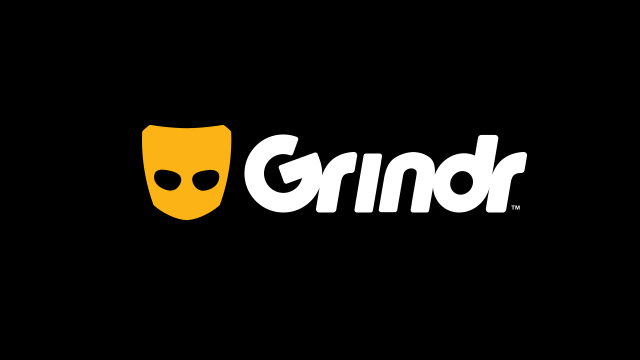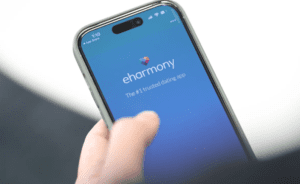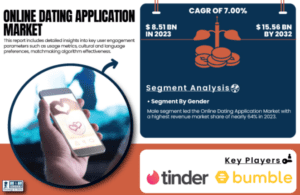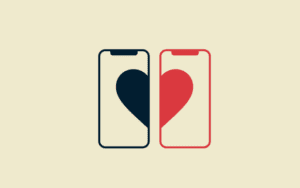In today’s technology-driven world, we’re all aware that our data is used and sold freely. A search on Google Maps will affect the adverts you’re shown on Facebook, and accessing a gay dating site may well ‘out’ you, as LGBT+ content is suddenly all over your phone, whether you want it or not. Cookies collect information about our location, interests, demographics, and work out how to sell you things.
A conversation with friends makes this shockingly obvious: if you know someone who menstruates, they’re probably often shown reusable pads or information about period-tracking apps. If you show a half-hearted interest in watersports, you’ve probably been bombarded with adverts for paddleboards, rowing clubs or ‘adventure holidays’.
It seems relentless. Every site seems to want to use these cookies, and they have to send you irritating notifications to make you acutely aware of what they’re doing. It can be almost disillusioning: the friendly, helpful website you check for useful information knows exactly what you’re up to and is watching you. So when an app makes a bold stand to be more transparent about what it’s doing and how it’s going to ‘protect’ your data, you’re allowed to feel cynical or interested, as you prefer.
Grindr is an easy way to ‘out’ yourself
This is where Grindr comes in. There was a recent case where a Catholic priest used the app, and this was discovered by an anti-LGBT+ Conservative group who conflate homosexuality with paedophilia. They ‘outed’ the priest, who later resigned, and have threatened to ‘expose’ other priests for using the app.
This is simply horrible. Firstly, homosexuality is an attraction to people of the same gender, not attraction to children, and acting like they’re the same is harmful to many, many groups. Secondly, it’s never acceptable to ‘out’ anybody: people’s sexual orientation is their own business.
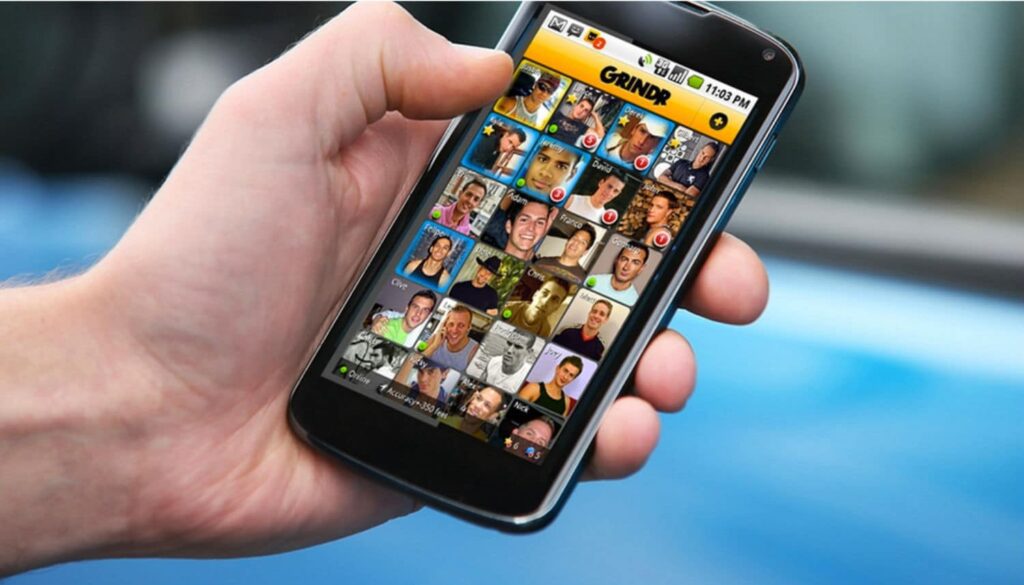
They can choose to share it if they like, but that’s their decision. Finally, it does seem like using Grindr is an easy way to ‘out’ yourself: if the whole point is that users can look through pictures with names and locations, you might expect that someone might eventually recognise you. If someone said, for example, ‘Sam is gay’, I might not think anything of it: there are plenty of men named Sam, and of course some of them are gay.
But add in a familiar looking photograph and the town that Sam lives in and you suddenly realise that this is your local priest. So whilst I believe that ‘outing’ anyone is immoral and that Grindr should protect its users’ privacy, part of their business model does work on the assumption that you’ll be identifiable.
Grindr, like many dating apps, holds information about its users. However, because it’s geared exclusively towards MLMs (men who love men, not multi-level marketing schemes), the data is more sensitive. Homophobia does still exist and Grindr may well be targeted more frequently by hackers who want to expose the users and risk their personal safety. So Grindr has introduced three new features to protect the users and make sure that they’re aware of what’s happening with their data.
Grindr introduces three data features
The first feature helps users to see what information Grindr has. This has actually been available for a while, but they’ve altered the system now to make it more accessible: users can download or email themselves a copy of the data, and it’s accessible through a tab on the app. Grindr also includes a dictionary so that everything is clear and easy to understand.
The second feature allows users to stop receiving targeted adverts. As mentioned earlier, cookies can track your interests, so for example if you’re looking to buy a new shirt, you’ll see more adverts for similar products to help you find the right one for you. This can be helpful or intrusive, depending on your perspective. This is where things get a little complicated. I frequently show other people things on my phone.
Photographs, articles, jokes… you get the idea. They might well see a targeted ad and, if it’s just a nice shirt, perhaps they’ll give it to me as a birthday gift. But if someone who isn’t out yet does the same and they see an LGBT+ tailored ad, this could lead to an uncomfortable conversation or something much worse. Again, sexual orientation is private until the person concerned decides to share it, and that should be done as and when they feel ready.
The final feature helps users navigate Grindr in an ‘incognito’ mode. Grindr can tell you who viewed your profile, but they also tell people when you looked at them. So now users have the option to keep that private, but it works both ways. Either users can see who viewed their profile but when they click on another user’s profile, that information is shared with them, or alternatively users can hide their identity when clicking on other users’ profiles but then they can’t see who viewed them.
For users who are open about their sexual orientation, it might be a fun experiment to see how curious they are about the attention and clicks they get, and for users who aren’t yet formally out it’s a way to protect their identity whilst on Grindr.
Grindr, along with other dating apps aimed at the LGBT+ community, is in a delicate situation. Their users are more likely to experience homophobia, discrimination or hate crimes. It’s a shocking and horrible reality that straight people won’t ever fully understand. Because Grindr’s users face more severe consequences for using their app – like the priest discussed earlier – more needs to be done to protect them. The features they’ve introduced are essential and urgently required. All we can do is hope that they’re enough, and trust Grindr to continue to make changes as they’re needed.
